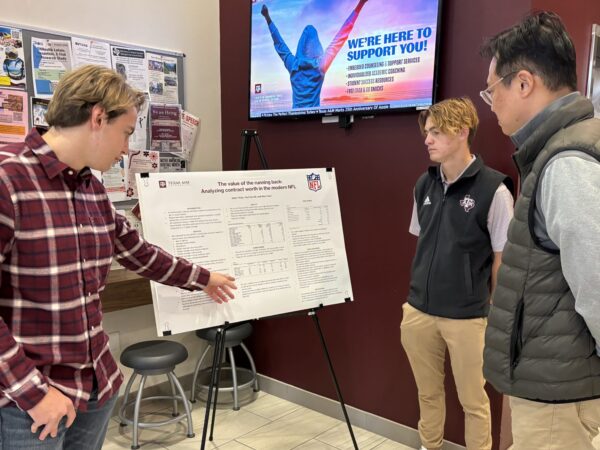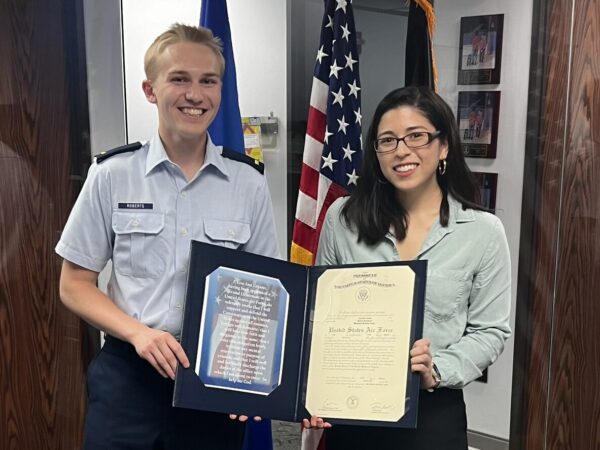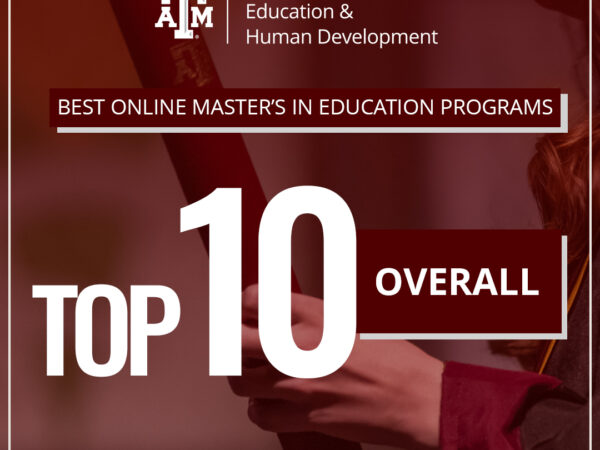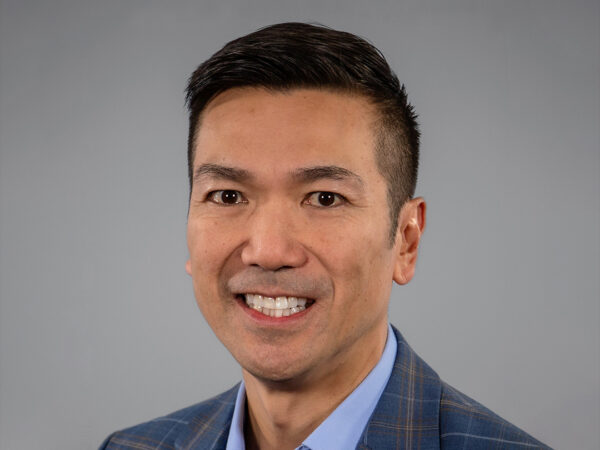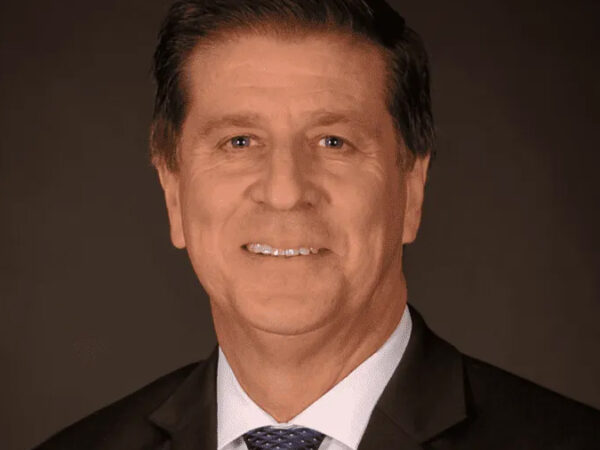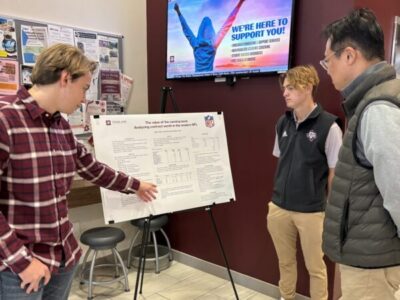Faculty Testing Intervention To Break Down Barriers In Science Education
Hoping to break down barriers for English language learners and low socio-economic status students, professors in the Department of Educational Psychology at Texas A&M University developed a literacy-integrated science intervention, funded by the National Science Foundation.
Acquiring scientific literacy presents a challenge to all students, but those of color and those who come from low socio-economic status backgrounds may be at a significant disadvantage.
“We have to provide the correct tools so they can succeed and see the payoff for having a formal education. It’s the commitment to better the language, the literacy skills, reading, writing and technology. We want to make sure they can find the most effective way to continue moving up,” said Dr. Rafael Lara-Alecio, professor of bilingual education and director of the Center for Research and Development in Dual Language and Literacy Acquisition (CRDLLA).
Over the course of two years, the intervention was implemented in four schools in an Aldine school district. Two schools were assigned to treatment and two schools were assigned to control. The intervention included a professional development component for teachers and instructional intervention for students composed of literacy-infused models for science instruction, vocabulary development, written academic science vocabulary and other enrichment components.
Teachers in the treatment condition received bi-weekly training on the upcoming lessons, strategies they could use and academic language. Lesson plans provided structure for teachers to model the academic language and opportunities for students to practice using that academic language.
“For English language learners, it’s extremely critical to be sure that they develop the proper academic language beyond social language and beyond general English,” explained Lara-Alecio.
The same is true for low socio-economic status students. “They are proficient in English but they don’t have the academic vocabulary – like what is a wave, what is energy? All of this is highly disciplined and low frequency. They have to know the meaning of that vocabulary to understand the content,” explained Dr. Fuhui Tong, associate professor of bilingual education and associate director of the CRDLLA.
To evaluate the effectiveness of the intervention, researchers used both standardized tests and district-developed tests. Students in the treatment classrooms outperformed the control students on oral reading fluency, science assessment, district science benchmark tests and district reading benchmark tests.
“For those teachers participating in the project, they felt the strategies were very effective in engaging and motivating their students. They continued using those strategies even after the project was completed and they shared those strategies with other teachers in the district,” said Dr. Tong.
According to Dr. Beverly Irby, professor and co-director of CRDLLA, “the study confirmed that even a modest amount of literacy integration in science instruction can promote students’ science and reading achievement. The hope is for more experimental research that focuses on the quality of literacy-integrated science instruction from which students can benefit.”
“We need to develop interventions with more emphasis in content areas. Science is one of those beautiful disciplines that really is attractive and enjoyable. Students can learn by using all of their senses to observe and experiment. Science, with literacy infused, is meaningful, relevant and authentic,” explained Dr. Lara-Alecio.
Drs. Tong, Lara-Alecio and Irby will present their findings at the American Educational Research Association’s annual meeting in April 2016 in Washington, D.C.
About the Writer
Ashley is the Media Relations Coordinator and responsible for news coverage in the Department of Teaching, Learning and Culture as well as the Department of Educational Psychology.
Articles by AshleyFor media inquiries, contact Ashley Green.
Fundraising
To learn more about how you can assist in fundraising, contact Amy Hurley, Director of Development ahurley@txamfoundation.com or 979-847-9455



